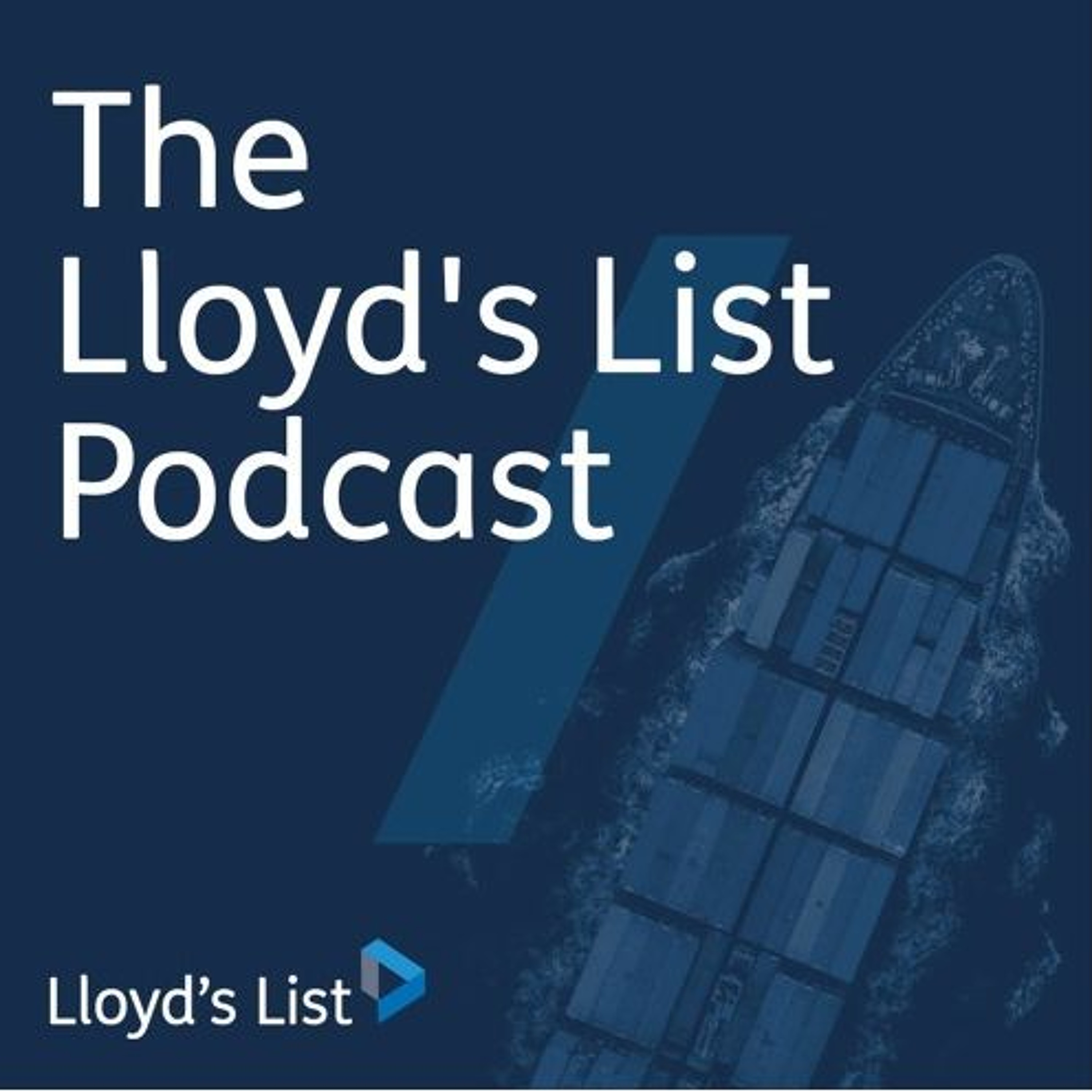
The Lloyd’s List Podcast: Why we need to get shipping’s carbon regulation right, now
 2024-06-24
2024-06-24
Download
Right click and do "save link as"
When we talk about green shipping, are we always talking about actions that have a net benefit in terms of reduction of greenhouse gases?
Are the commercial choices we make today about reducing absolute emissions, or just the most pragmatic financial options on the table? And are the regulations we are negotiating genuinely addressing the problem of climate change, or just part of a wider exercise in climate finance revenue raising?
It’s not always a clear cut as we might like.
Having agreed the ambitious 2050 net zero targets last year, we are about to ramp up into the difficult detail of how we get there and the details increasingly mater.
This week’s edition of the podcast argues that we are at an inflection point. The detail of what gets agreed at the International Maritime Organization (IMO) over the next 12 months will come with consequences for shipping, but also the pace of investment into new fuels like green hydrogen.
The various combinations of measures proposed at the IMO all entail a degree of revenue generation. The scale of revenues expected is unclear, as is the destination for the revenue.
Are we ploughing that money into shipping’s decarbonisation efforts - bridging the cost differential to green fuels - or will we see that cash disappear into coffers of the poorest and climate most vulnerable States with little direct impact on shipping’s energy transition?
Will the IMO agreements help or hinder shipping’s chances to get ahead in the queue for green hydrogen.
Discussing these question on this week’s edition:
John Butler, President and CEO of the World Shipping Council
Rasmus Bach Nielsen, Trafigura’s Global Head of Fuel Decarbonisation
Bud Darr, Executive Vice President, Maritime Policy and Government Affairs, MSC Group
view more
More Episodes
The Lloyd’s List Podcast: 2020 vision
 2018-09-21
2018-09-21
 2018-09-21
2018-09-21
The Lloyd's List Podcast: SMM 2018
 2018-09-06
2018-09-06
 2018-09-06
2018-09-06
The Lloyd’s List Podcast: Episode 14
 2018-08-09
2018-08-09
 2018-08-09
2018-08-09
The Lloyd’s List Podcast: Episode 13
 2018-08-06
2018-08-06
 2018-08-06
2018-08-06
The Lloyd’s List Podcast: Episode 12
 2018-07-27
2018-07-27
 2018-07-27
2018-07-27
Lloyd's List Podcast: Episode 11
 2018-07-20
2018-07-20
 2018-07-20
2018-07-20
Lloyd's List Podcast: Episode 10
 2018-07-13
2018-07-13
 2018-07-13
2018-07-13
Lloyd's List Podcast: Episode Nine
 2018-07-06
2018-07-06
 2018-07-06
2018-07-06
Lloyd's List Podcast: Episode Eight
 2018-06-29
2018-06-29
 2018-06-29
2018-06-29
The Lloyd's List Podcast: Episode seven
 2018-06-22
2018-06-22
 2018-06-22
2018-06-22
012345678910111213141516171819
Create your
podcast in
minutes
- Full-featured podcast site
- Unlimited storage and bandwidth
- Comprehensive podcast stats
- Distribute to Apple Podcasts, Spotify, and more
- Make money with your podcast
It is Free
- Privacy Policy
- Cookie Policy
- Terms of Use
- Consent Preferences
- Copyright © 2015-2024 Podbean.com





